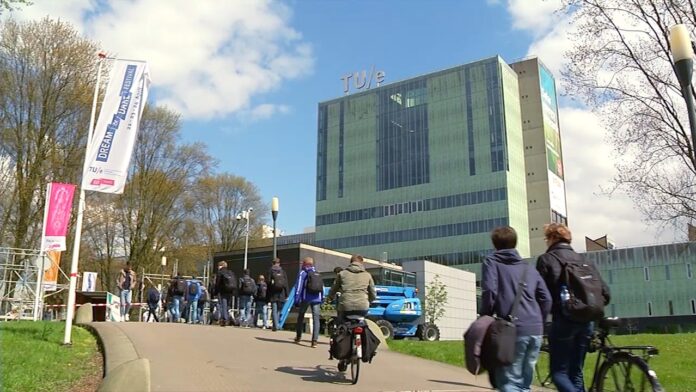From the new academic year, scientists at the Technical University will be assessed more in the areas of education, social impact and leadership. This is done in response to the Recognition and Value plan.
The prevailing assessment criteria received a lot of criticism from the academic community. The criteria mainly focused on the number of publications in scientific journals, and how often other scientists appreciates these publications were appreciated.
“Many scientists have the feeling that they are only judged on one thing and that is their research,” says rector Frank Baaijens. “Other matters, such as education, are therefore perceived as less important, while that is the core task of the university. We want that to become more important and people also appreciate it for the other activities they do within the faculty.”
Scientific research remains an important task for the academic staff of the TU/e, emphasises the rector, but more attention must be paid to the other tasks of scientists, such as leadership.
‘Vision on education and impact’
The first, and sometimes the only question in job interviews is still: ‘What kind of research do you want to do?’, Baaijens wants to get rid of that. “When we appoint a professor, we currently mainly look at the scientific output. And you assume that those people also have leadership qualities. We should also ask them about their vision on education and impact, how they deal with diversity, how they ensure that people get the best out of themselves, how they create a safe working environment. You can be incredibly good at your research, but if you intimidate your colleagues and cut yourself off from faculty duties, do you deserve to become a professor? We need to find the right elements that the advisory committees can use in the future.”
More than number of publications
Apart from education and leadership, more attention must be paid to the social impact that scientists have. “All activities that generate impact arising from research fall under this,” says Baaijens. “It is therefore broader than the number of publications or citations that result from it. You can think of the patents that someone has registered, or an own company that someone has started. Or new guidelines that someone has developed that are used by, for example, the RIVM.”
To further determine the new assessment criteria, the university will continue discussions with three committees representing the various faculties at TU/e after the summer.
Source: Studio040
Translator: Shufei
















